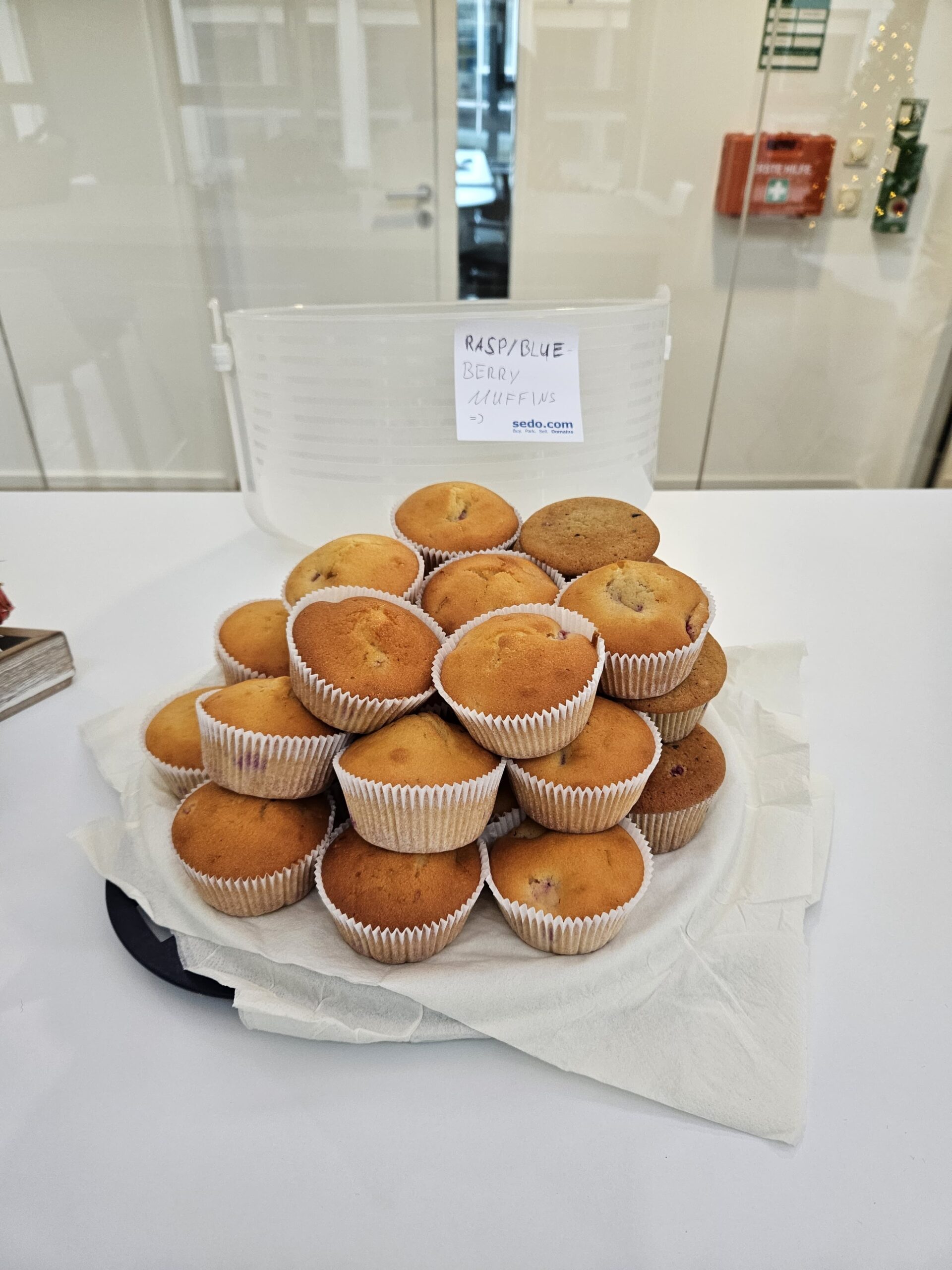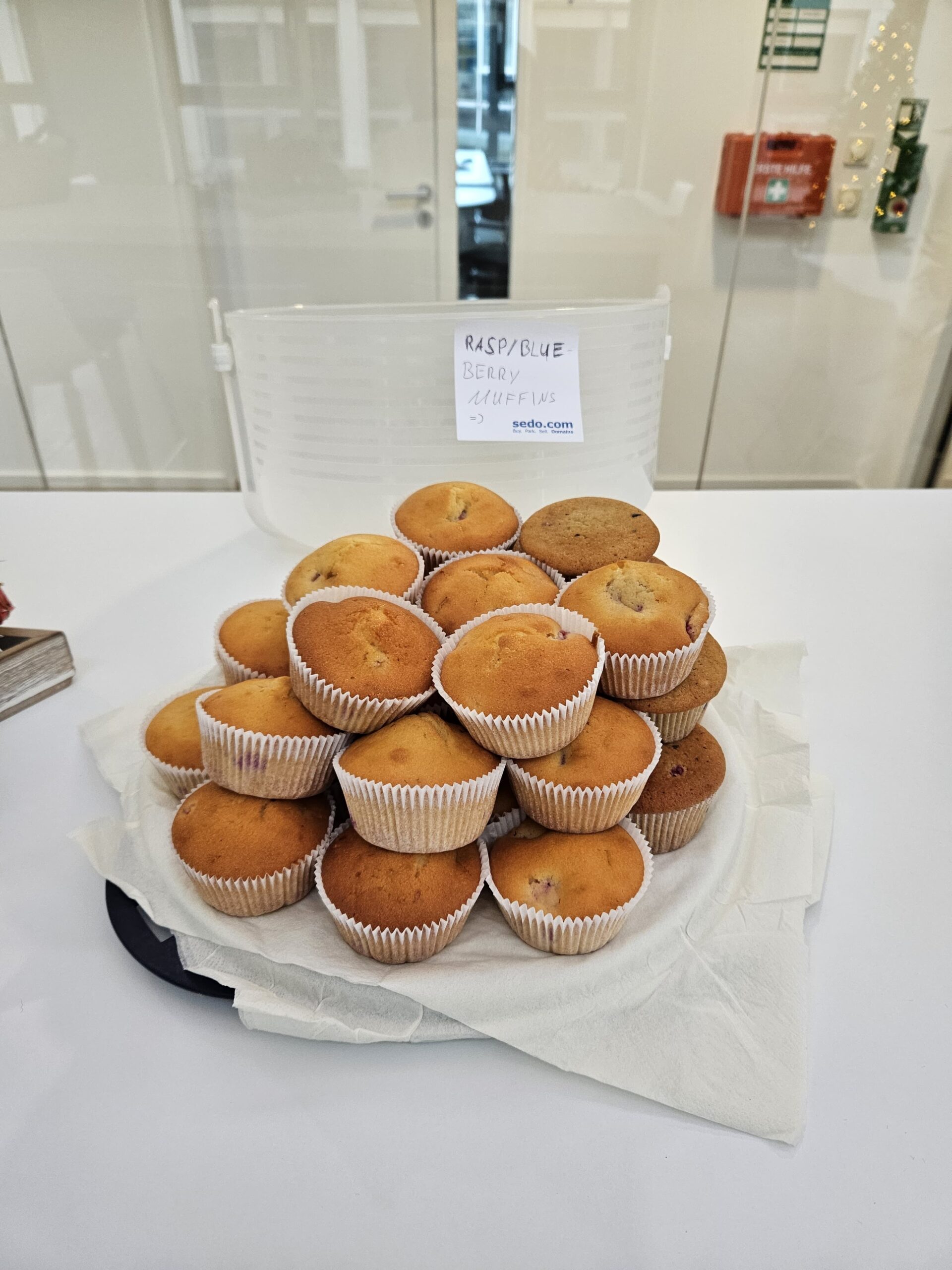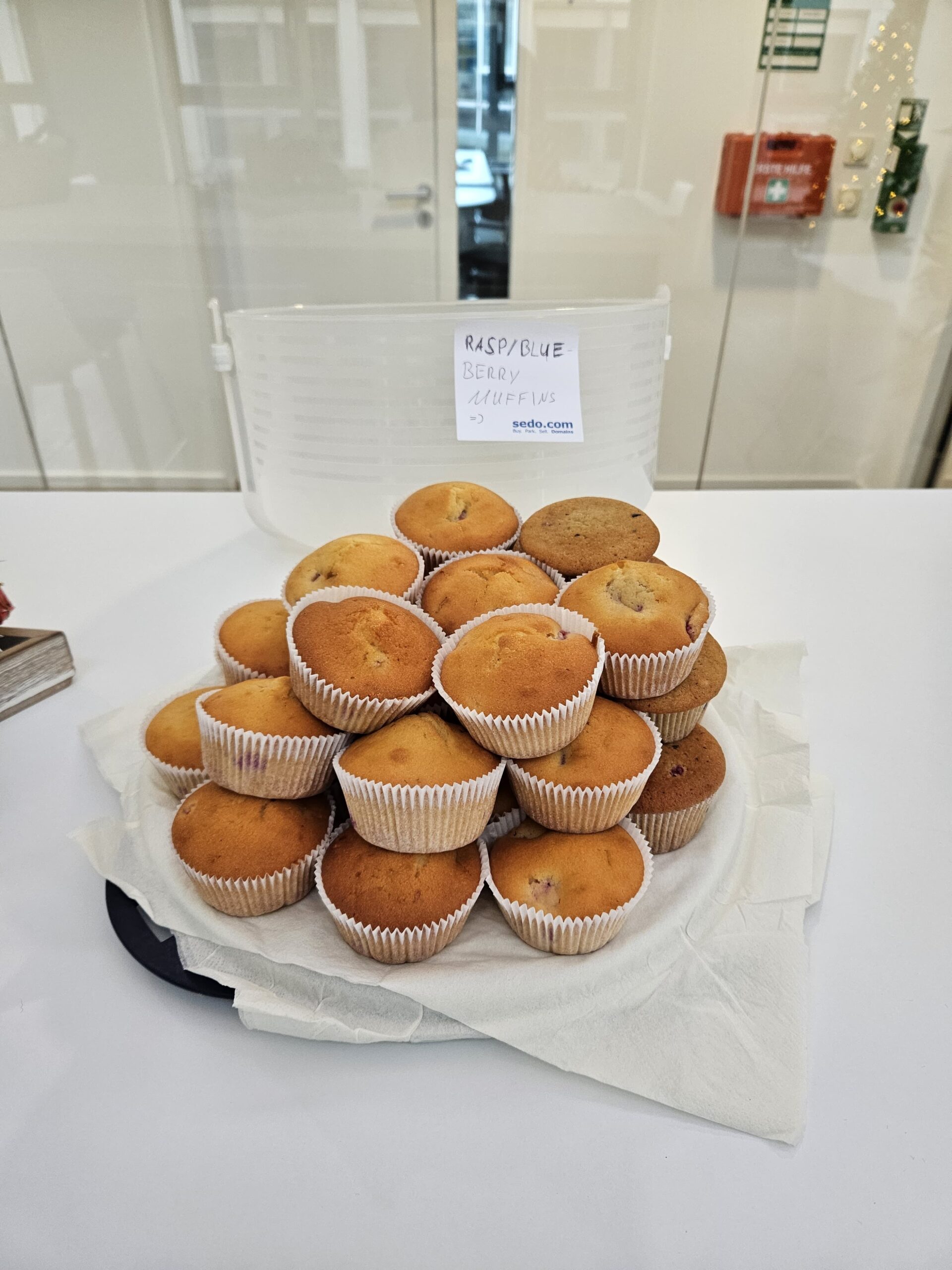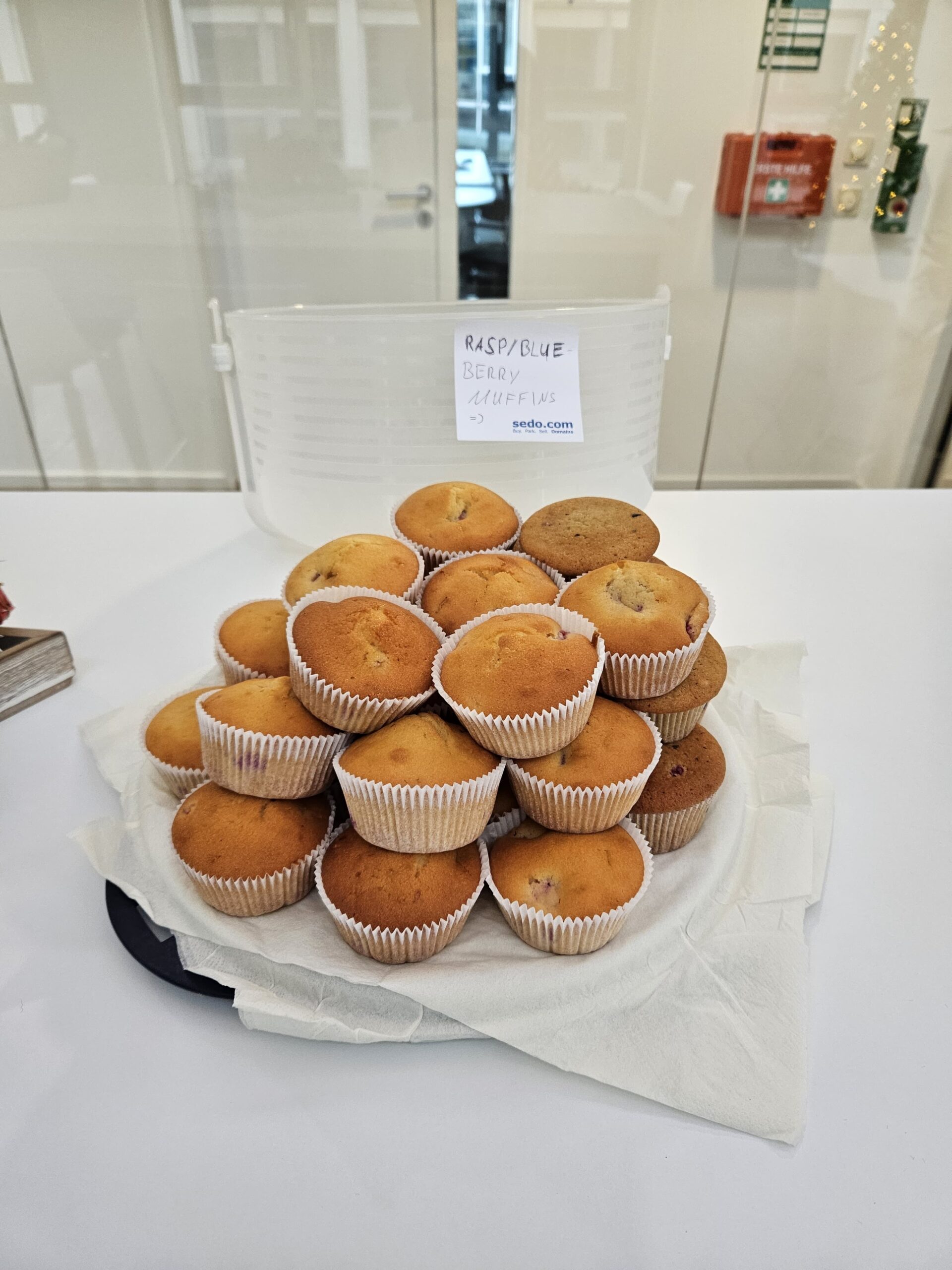Taking More Breaks Can Support Mental Health
Many people say rest is important for your mental health
Introduction to Mental Health and Breaks
Mental health is a crucial aspect of overall well-being, influencing how we think, feel, and act. In today’s fast-paced world, taking breaks is often undervalued, yet it plays a significant role in maintaining mental health. This article explores the importance of taking breaks and how they can support mental health.
The Science Behind Breaks and Mental Health
Research indicates that regular breaks can enhance cognitive function, reduce stress, and improve mood. When we engage in continuous work without breaks, our brains become fatigued, leading to decreased productivity and increased stress levels. By taking breaks, we allow our brains to rest and recover, which can lead to improved mental clarity and emotional stability.
Studies have shown that breaks can help reset our mood, thus enhancing our overall mental health. For example, a study published in the journal “Psychological Science” found that participants who took short breaks during tasks were more engaged and performed better than those who did not. This suggests that breaks are not just beneficial for mental health but also for productivity.
Types of Breaks Beneficial for Mental Health
There are various types of breaks that can support mental health, each offering unique benefits:
- Micro-breaks: These are short, frequent breaks lasting a few minutes. They can involve stretching, deep breathing, or a brief walk. Micro-breaks help reduce stress and enhance focus.
- Lunch breaks: Taking a full lunch break away from your work environment can significantly reduce stress and improve mental health. It allows time to recharge and socialize, which can boost mood.
- Longer breaks: These can include vacations or extended time off. They provide an opportunity to disconnect from work, leading to a more profound mental reset.
Implementing Breaks in Daily Routine
Incorporating breaks into your daily routine can be challenging but rewarding. Here are some tips to help integrate breaks effectively:
- Schedule breaks: Set specific times for breaks during your workday to ensure they happen regularly.
- Use reminders: Utilize alarms or apps to remind you to take breaks, especially during busy periods.
- Practice mindfulness: Use break times to engage in mindfulness or meditation, which can enhance mental clarity and reduce stress.
By consciously incorporating breaks into your routine, you can enhance your mental health and productivity.
Conclusion: The Power of Taking Breaks
Taking breaks is not just a luxury but a necessity for maintaining mental health. Regular breaks can lead to reduced stress, improved mood, and increased productivity. By understanding the importance of breaks and implementing them into your daily life, you can support your mental health and overall well-being.



